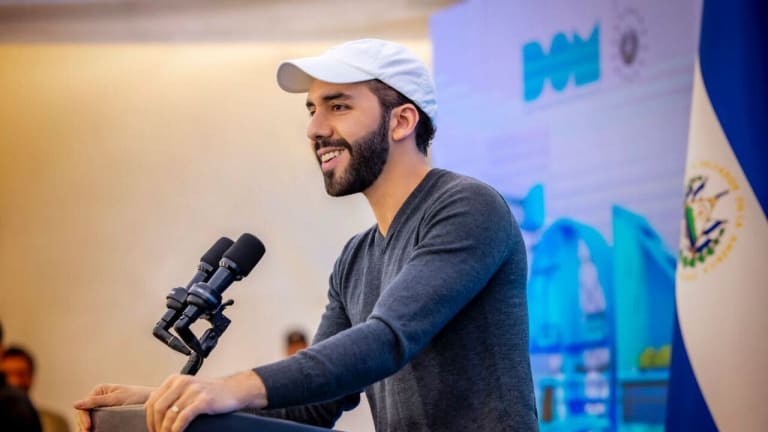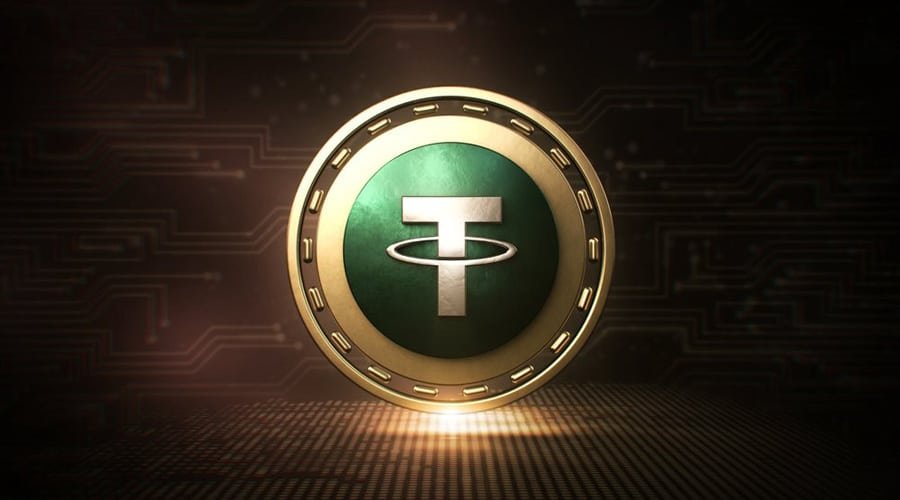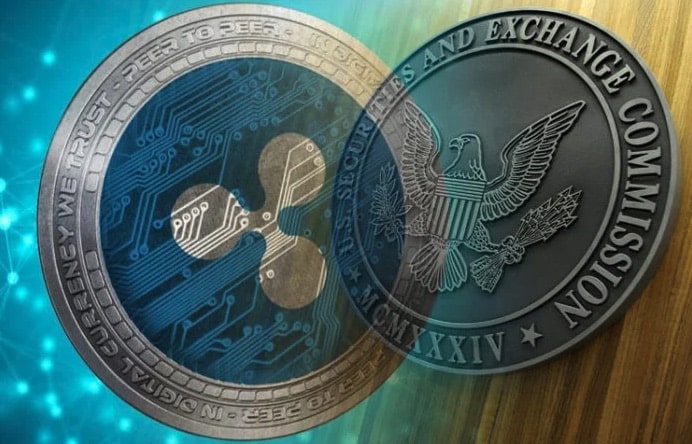El Salvador, a small Central American country, has taken a significant step towards integrating Bitcoin into its economy. On March 17, the government of El Salvador launched a Bitcoin and Lightning Network developer training office, which aims to educate local developers on how to build applications on top of the Bitcoin network.
The launch event was held in El Zonte, a beach town in El Salvador that has become a hub for Bitcoin adoption. The event was attended by President Nayib Bukele and Jack Mallers, the CEO of Strike, a payments app that has been instrumental in bringing Bitcoin to El Salvador.
During the launch event, President Bukele spoke about the potential benefits of Bitcoin for El Salvador, including financial inclusion and economic growth. He also announced that the government would be giving out $30 worth of Bitcoin to every citizen who downloads the government’s Bitcoin wallet app.

The Bitcoin and Lightning Network developer training office, which is located in El Zonte, will offer a six-month program to train local developers on how to build applications on top of the Bitcoin network. The program will be run by Bitcoin developer Gloria Alvarez and will be open to anyone interested in learning how to develop on the Bitcoin network.
The training program will cover topics such as Bitcoin programming, the Lightning Network, and the basics of blockchain technology. The goal of the program is to create a community of local developers who can build innovative applications on top of the Bitcoin network.
In addition to the developer training office, the government of El Salvador has also announced plans to build a Bitcoin mining facility powered by geothermal energy from the country’s volcanoes. The facility will be built in partnership with Blockstream, a Bitcoin infrastructure company, and is expected to be operational within a year.

The launch of the Bitcoin and Lightning Network developer training office is a significant step towards El Salvador’s goal of becoming a Bitcoin-friendly nation. The government has already passed a law that makes Bitcoin legal tender in the country, and it has also announced plans to build a Bitcoin City that will be powered by renewable energy and run entirely on Bitcoin.
While El Salvador’s embrace of Bitcoin has been met with some skepticism, the government remains committed to its vision of a Bitcoin-friendly nation. President Bukele has been vocal about his support for Bitcoin, and he has made it clear that he sees it as a way to bring financial inclusion to the country’s unbanked population.
Overall, the launch of the Bitcoin and Lightning Network developer training office is a positive development for Bitcoin and for El Salvador. It demonstrates the government’s commitment to building a thriving Bitcoin ecosystem in the country and highlights the potential benefits that Bitcoin can bring to developing nations.











